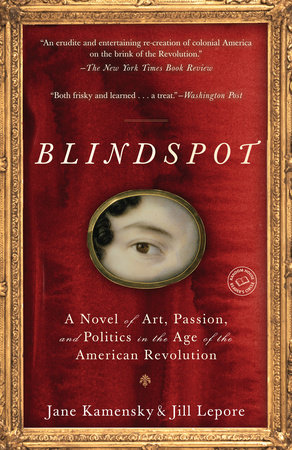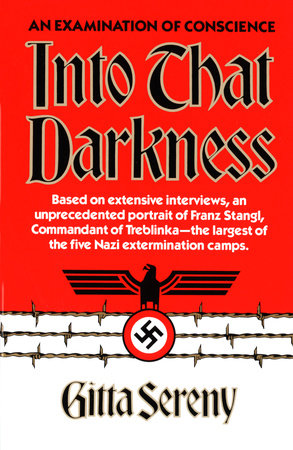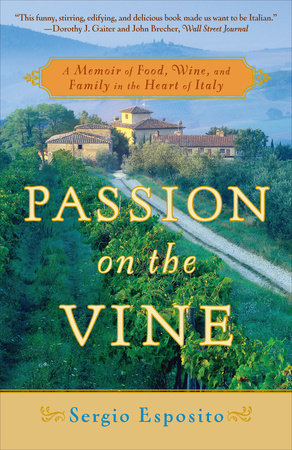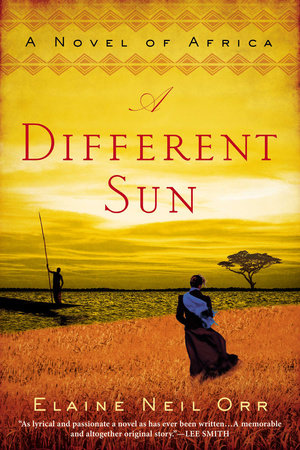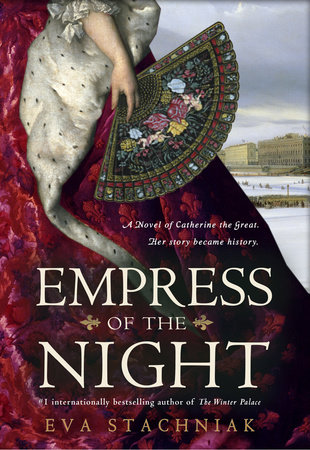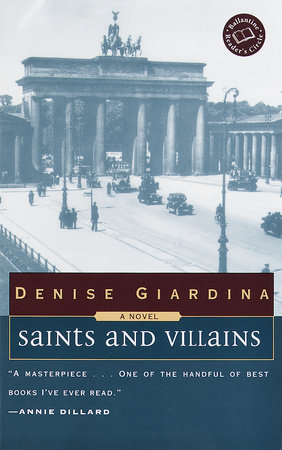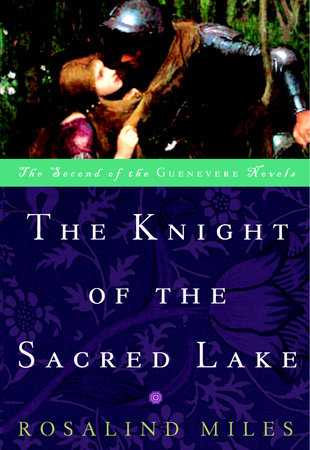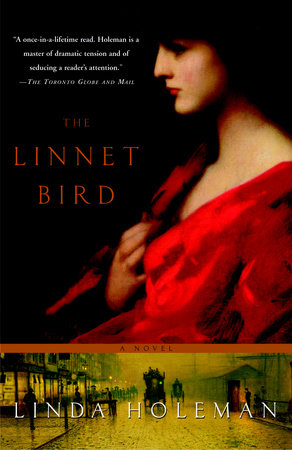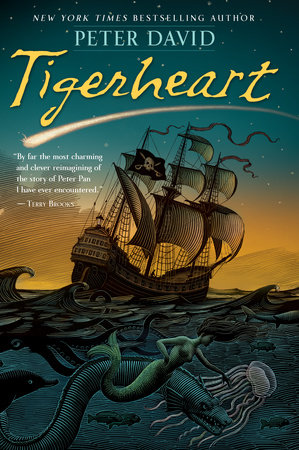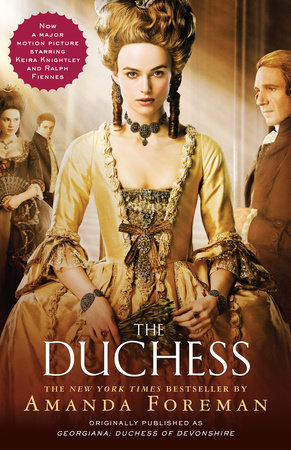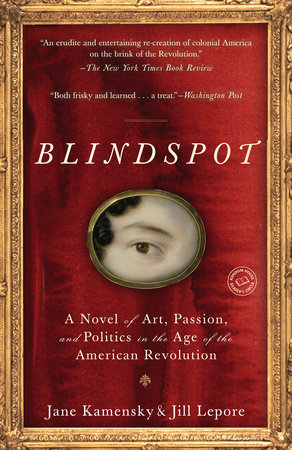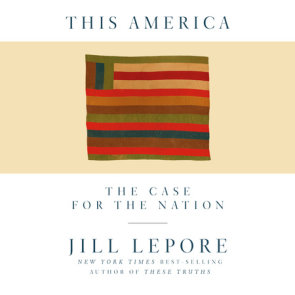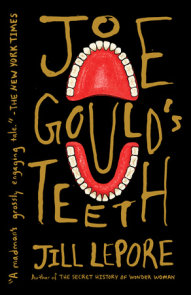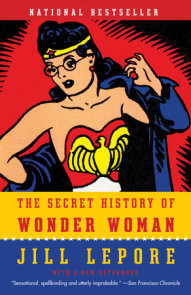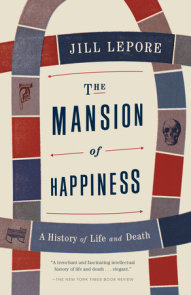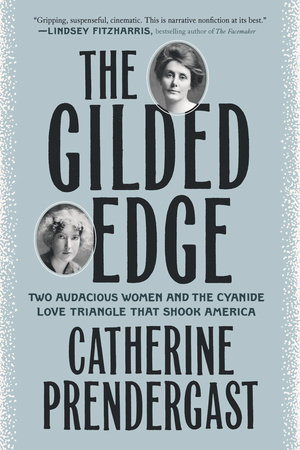Author Q&A
A Conversation with Jane Kamensky and Jill Lepore
Jane Kamensky: Blindspot pays more attention to sensory truths than most history writing does. A convincing fictional world needs the truths of the flesh, ear, nose, and eye more than the truths of the archive; what Boston looked, smelled, sounded, and tasted like in the sweltering summer of 1764; how frail bodies experienced the vicissitudes of everyday life as well as the demands of epochal events—those are the humble truths that drive the novel forward.
Writing Blindspot, and especially choosing to write it in the first person, also gave us a freer hand with consciousness than we have as historians. Our characters take stock of their world, but they also scrutinize themselves, unsparingly. Few eighteenth-century men, and almost no eighteenth-century women, left documentary evidence of their interior lives. And the farther down the ladder of society one climbs, the scantier that evidence gets.
RHRC: Blindspot seems to be partly a hilarious send-up of eighteenthcentury novels and partly a very serious and historically accurate rendering of life during that time period. Did you feel any tension between those two aspects of the novel?
JL: I’m a sucker for eighteenth-century fiction. I love its artfulness and its silliness and its bawdiness. I laugh when Fielding wants me to laugh. I cry when Richardson wants me to cry. And when Franklin tells a dirty joke, he’s totally got me, no matter how many times I’ve read it before. I also laugh, always, at Jane’s jokes. That’s why writing the book was, above all, fun. But we do, of course, have scholarly claims to make about the period. Jane’s work on money and exchange, for instance, is all over the book, as is my work on liberty and slavery. Was there a tension between trying to write an entertaining novel and wanting to write fiction with something we might think of as historical honesty? Absolutely. Deciding not to have our convicted murderer burned at the stake—as was the punishment in the actual case on which our murder is based—was a decision we made about what the emotional range of the novel could bear and what it could not. The lives of ordinary people in Boston in the 1760s weren’t uniformly a farce or uniformly a tragedy, either. That’s why the book’s a genre send-up: a mystery, with traces of the gothic; a love story, with an overwrought romantic sensibility a picaresque, somewhat overblown. That’s all part of Blindspot’s gambit, to use the literary forms of the age to tell the story of the coming of the American Revolution.
RHRC: Did you conceive of Blindspot as an explicitly feminist project? There’s some role-playing with gender, and Fanny is a strong, bold character.
JK: We wanted a set of questions about gender and genre that were true to the way we think about the past but also true to the past. So quite a lot of how Fanny questioned the boundaries of a woman’s life could also be found by reading eighteenth-century letters. Masquerade was a key element of eighteenth-century urban culture—for men more than for women—but there were women who dressed as men and fought in the Revolutionary War. And certainly the Enlightenment broadly and the American Revolution particularly opened questions about who gets to be what, questions that remain the unresolved work of American democracy. Fanny’s questioning of a woman’s place is very much a part of that eighteenth-century project. I think she comes to somewhat bolder answers than most women of the time would have dared.
RHRC: What were the complications of writing, now, about race, then?
JL: If we weren’t historians, we might have handled the subject of race differently. We wanted our two narrators to be people of their time and place, but even the most enlightened eighteenth-century Europeans and Americans are hard for modern readers to bear on the subject of race. We couldn’t afford, and didn’t want, unsympathetic narrators. We decided that, rather than tiptoeing around this problem, we’d brazen through it: we gave Fanny a backstory that, we hoped, made it plausible that she could change her mind about some things, and we made Jameson about as enlightened as he conceivably could have been. Nevertheless, they are, if not unsympathetic narrators, unreliable ones; they barely see Cicero and Hannah and Phebe, whose motives they are helpless to understand and to which they are, despite their protestations to the contrary, indifferent. It was painful to do that, to write that blindness into our narrators. That’s why Ignatius Alexander is forever reminding the reader about our narrators’ blind spots. “You remember Hannah, Jamie?” Alexander asks, when Jameson has clearly forgotten all about her. Alexander bridles at this sorry task, as he ought, but we wanted him to have his say, and to convince the reader of the inadequacy of eighteenth-century fictional forms to contain the grim and manifold evils of slavery.
RHRC: News clippings and arguments about, say, sugar taxes are interspersed throughout the novel. Did anything surprise you in your research of old pamphlets and papers?
JK: The two of us have been reading and teaching and writing about those old pamphlets and papers for decades. But Blindspot asked us to encounter familiar sources in new ways. Take the Boston Gazette, from whose pages we freely adapted a number of news items, and into which we inserted letters, editorials, and advertisements of our own devising. As scholars, we tend to read those newspapers in disembodied ways, scanning reels of microfilm for particular names or topics. The digital age has thinned out the experience still further; you input search terms and receive your “hits” in little boxes. For Blindspot, we wanted to read the paper the way Stewart Jameson and his friends read the paper: to page through it, to pore over it, to pass it back and forth at the post office and by the fireside. So we printed out the entire run of the Boston Gazette for 1764, broadsheet size, and had it bound. Reading it in that format just knocked us out. The proxemics of the past came through so vividly: highfalutin debates over imperial taxation set beside a notice hawking a young Negro boy on the cheap, reports of battles in Europe laid out next to an advertisement seeking a full breast of milk for an infant whose mother has died. The relationship between figure and background came clearer than in any of the times I’ve read that paper, and others, in bits and pieces of my own devising.
RHRC: Have you used novels in your history courses? Did writing the book give you new perspectives on the relationships between literary writing and other forms of historical evidence?
JK: I’ve used period fiction as an integral part of courses on early American history and culture. Charlotte Temple is the text I’ve assigned most often, and Fanny Easton’s voice—and plight—owes a great deal to Susanna Rowson’s woebegone Charlotte. I’ve sometimes used contemporary novels set in the past as well, especially Brian Moore’s Black Robe, which is based quite closely on the Jesuit Relations. I ask students to read the seventeenth-century documents alongside the novelist’s version and to think about what Moore borrowed, what he changed, and why. I also teach a course on the Salem witch trials, where we look at several centuries of representations of 1692 in various genres and media. Arthur Miller’s Crucible is a key text in that class. Its concerns are purely contemporary, the zeitgeist of 1953 rather than that of 1692. But the voices are marvelous, an unparalleled example of a modern sensibility let loose on a foreign vernacular. Scholars of visual culture have been, of late, concerned with recovering the “period eye” of a given place and time. Miller speaks to what we might call the period ear. That was one of our goals for the novel: to communicate to a new set of readers something of the music of our work in the archives. Fiction may offer us different avenues—more palpable or visceral paths—for doing that sort of work.
RHRC: What are some common misconceptions about Revolutionary America that you hope Blindspot will dispel?
JL: I’m not sure the point of the novel is to dispel misconceptions, but I do worry about our culture’s abject reverence for the founding fathers. I hear people say, all the time, “Oh, those leaders were so much more virtuous than ours! Oh, what an age that was!” Yes, the Constitution is altogether brilliant, and sure, I love Franklin. But to imagine that the United States was founded by people wholly unlike ourselves is to let us completely off the hook. To imagine that the founding fathers were gods doesn’t demand more of our democracy, it demands less: compared to absurdly inflated founders, we are so hopelessly deficient, so utterly lacking in virtue that, well, why bother working at making anything better, ever? Reverence is the flip side of cynicism. And I find cynicism insidious, so in Blindspot there’s a great deal of goofy irreverence because, in fact, the Revolution was nothing if not irreverent. The novel’s irreverence, though, is also meant to suggest that ordinary people weren’t sitting around, worshipping at the feet of John Adams, just because he had made a great speech in the Assembly Hall. They still wanted him to return that ten pounds he had borrowed a fortnight ago; they still wondered if he might be willing to lend them a copy of Tristram Shandy. “Surpassingly fine speech, Mr. Adams, sir,” Jameson might say. “And now, pray: about that book . . .”
(Parts of this interview originally appeared in an interview by Lauren Porcaro on Newyorker.com.)
